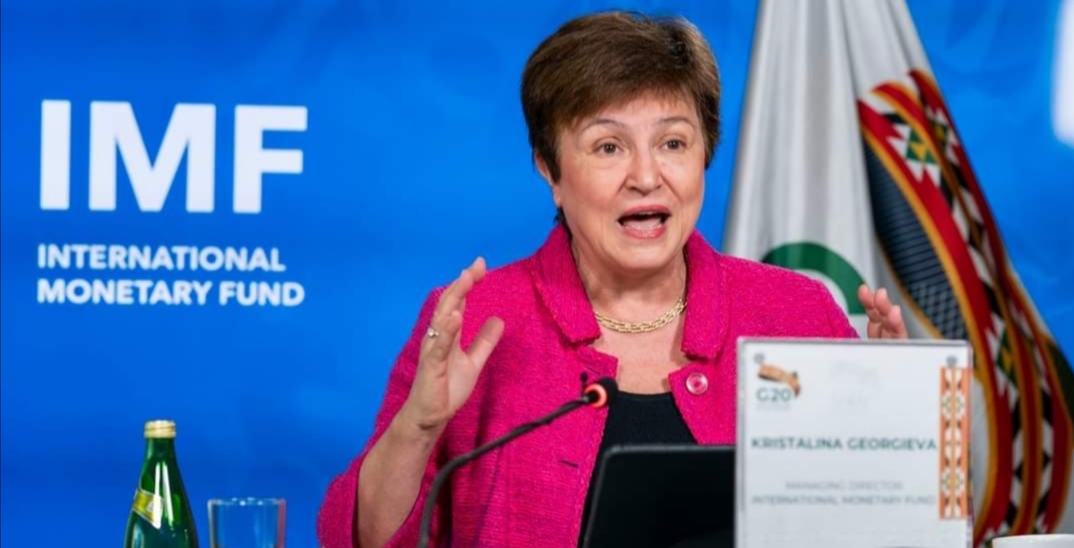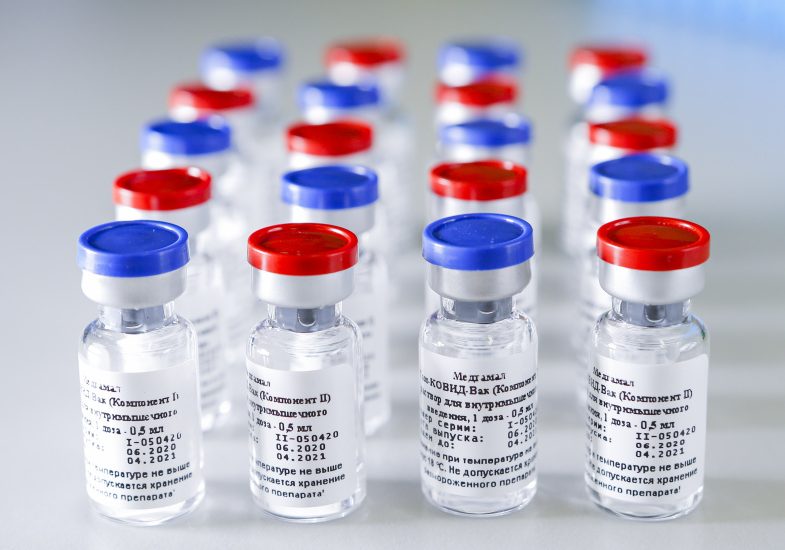Africa to lobby for US$650 billion worth of SDRs
Share

Harare (New Ziana) –African countries have agreed to collectively push the International Monetary Fund (IMF) to release at least US$650 billion worth of Special Drawing Rights (SDRs) to cushion them from the effects of the COVID-19 pandemic.
This is contained in a communiqué released early this week at the end of a meeting of the continent’s Finance Ministers ahead of the World Bank/ IMF spring meetings set for next month.
SDRs are an international reserve asset, created by the IMF in 1969 to supplement its member countries’ official reserves and provide liquidity support when experiencing balance of payments crisis.
An SDR allocation provides each recipient country with a costless asset which countries can use as they want, without any conditionalities.
SDRs are distributed in proportion to IMF members’ quotas (Around 60 percent to global north, 40 percent to emerging markets and developing economies, of which 3 percent has gone to Low Income Countries).
So far, there have been 3 General Allocations from 1970-72, 1979-81 and 2009 to address the global financial crisis and totalled US$250 billion.
Since the onset of the COVID-19 pandemic, calls have grown for the approval of a new SDR allocation.
The African Finance Ministers said they were deeply concerned about the impact of COVID-19 on the African economy, which, for the first time in more than two decades went into a recession.
Real GDP growth contracted by 2.4 percent in 2020 while an estimated 30 million people lost their jobs and slipped into poverty.
The COVID-19 pandemic has also triggered credit rating downgrades in at least twelve African countries, while six others are now in debt distress.
“A swift, bold and positive response on SDRs in the range of $500 billion to $650 billion is now needed to arrest the devastating impact of this externally induced crisis on the continent,” the Ministers said.
“We are conscious of the fact that new issuances of SDRs are infrequent and often contested events. To this end, we believe that, it is imperative that we seize the moment by leveraging these resources to power catalytic investments in Africa’s recovery. The SDRs must be transformative for Africa and help the continent to access the trillions of dollars needed for a green recovery.”
Approval of a new allocation is first proposed by the IMF managing director, then supported by the executive board and requires an 85 percent majority of voting power by the board of governors.
The Finance Ministers said they were encouraged by debt relief initiatives such as the G20 Debt Service Suspension Initiative (DSSI) which suspended the debt repayments for 73 of the world’s low income countries by six months until June 2021.
The DSSI has postponed an estimated $5.1 billion in debt service payments by eligible African countries.
“However, with no end to the pandemic in sight, extending the duration of the DSSI at least to the end of 2021, and possibly to the end of 2022 (by which time it is hoped that all people will have been vaccinated) and expanding its scope to address the liquidity needs of middle-income countries is vital to pre-empt the larger threat of insolvency, particularly for countries with market access and relatively strong fundamentals,” the Ministers said.
The Ministers also voiced concern over the inequitable access of COVID-19 vaccines.
They said without rapid access to vaccines, the pandemic would continue to set back the continent’s recovery.
“Under the leadership of the Chair of the African Union, and in collaboration with Afreximbank, our governments secured access to 270 million vaccines at competitive prices through the African Vaccines Acquisition Task Team. This effort will increase the vaccination rate in Africa to 60 percent of the population and promote herd immunity. Approximately $2 billion in financing is needed to fully fund this initiative,” the Ministers said.
New Ziana






